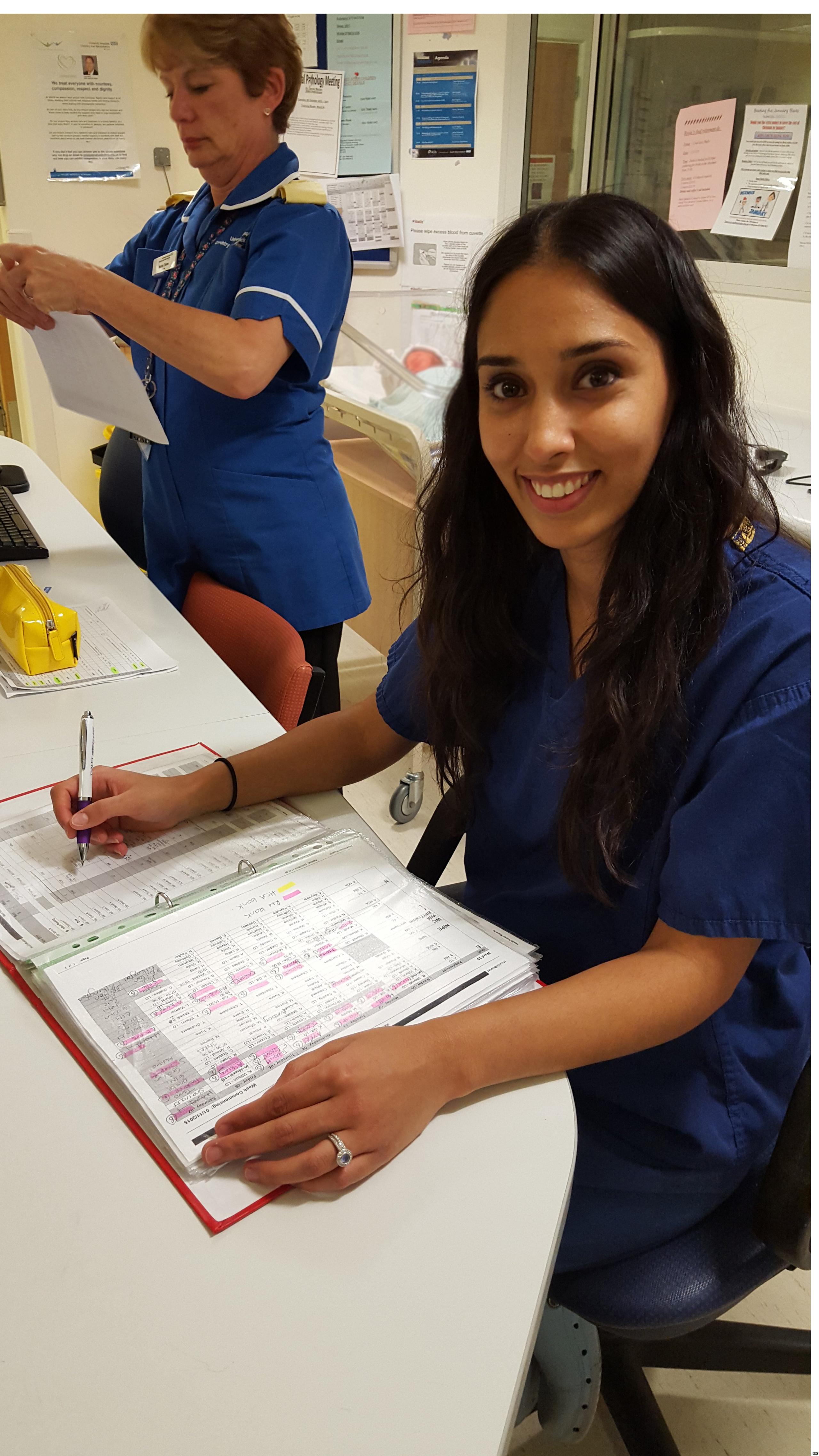Asian women trying IVF miscarry more than white women
- Published

Asian women are more likely to miscarry during IVF than white women
South Asian women who have IVF in the UK are more likely to miscarry than white women, research suggests.
It shows the risk of miscarriage after IVF is one-and-a-half times higher.
The study by Birmingham University could not find specific reasons why, but says it was not previously known.
The researchers analysed the success rates from nearly 14,000 cycles of IVF in what is believed to be the largest study into IVF and ethnicity.
On average 15 out of every 100 IVF pregnancies end in miscarriage across all ethnicities.
A previous study looking at IVF success affected by ethnicity found the live birth rate for ethnic minority women was significantly lower than for white women.
But is was too small to analyse specific ethnicities
Dr Rima Dhillon, one of the researchers, said: "Because their sample size was so small they were unable to separate the ethnic groups, so they combined the black women, Asian women and Chinese women all as one ethnic group which we of course know, they aren't.
"So this is the first study where we could separate the ethnicities and see there were definite differences for each ethnic group."
This study found that although the live birth rates for Asian women was reduced, when it looked at the clinical pregnancies, which is the ability to become pregnant, it found that Asian women had a similar success to white women in getting pregnant.
But Dr Dhillon says the most significant finding was that those Asian women would then lose the baby in the first trimester of their pregnancy "so we saw that south Asian women had a higher miscarriage rate".
She added: "After taking into consideration important factors than can affect miscarriage, such as a woman's age, her body-mass index or higher weight, south Asian women have up to one-and-a-half times increased chance of having a miscarriage after IVF."
The causes of the miscarriages among south Asian women are not known and a separate study is currently being done to look into the reasons why, but Dr Dhillon says she hopes her study will help medical professionals provide more tailored counselling for Asian couples considering IVF.
She said: "Essentially what we're saying is the counselling before you go for treatment needs to be more personalised.
"So, although we quote percentages and figures we tend to quote them for any woman without being ethnicity-specific.
"Whereas I think now what we need to do is explain to these women that the chances are slightly lower and what we're adding to the personalisation is that ethnicity should also be taken into consideration."